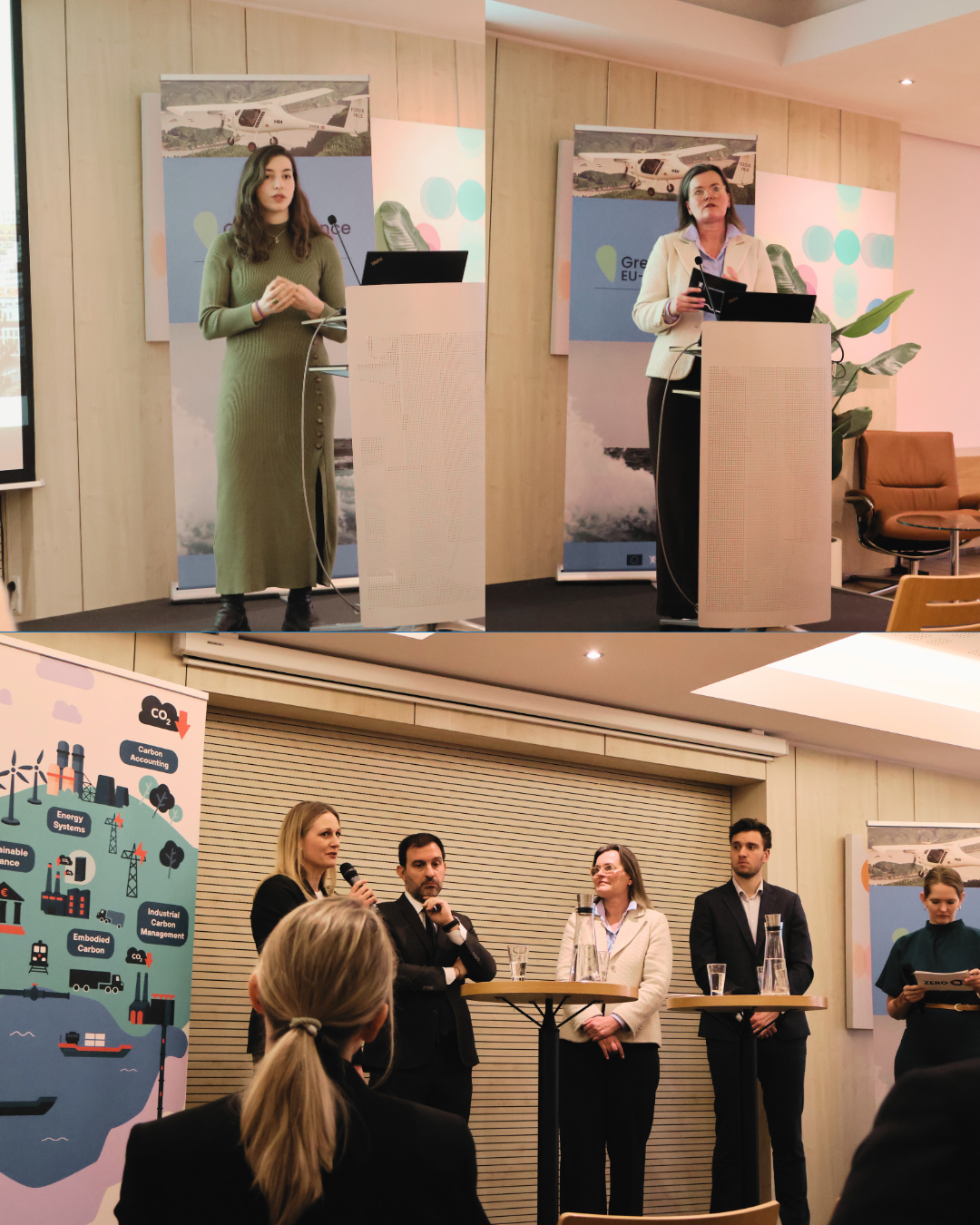
Joint letter – ICC reform and expansion risks diverting ETS Revenues from real climate action
In light of the European Commission’s ongoing considerations to amend the ETS State Aid Guidelines, revising the rules for Indirec...
News

Publish date: November 5, 2014
News
The Synthesis Report constitutes a compilation of hundreds of papers aiming to present the best scientific and economic analysis to government leaders and policymakers worldwide. It is intended to provide guidance to the climate negotiations under the United Nations Framework Convention on Climate Change (UNFCCC) and will be crucial in the conclusion of a global climate agreement at the 21st Conference of the Parties (COP) in Paris in December, 2015.
Reaffirming messages communicated by the IPCC 5th Assessment Report as well as in its draft version which was leaked in September 2014, the Synthesis Report states that “Scenarios that are likely to maintain warming at 2°C include more rapid improvements in energy efficiency and a tripling to nearly a quadrupling of the share of zero- and low-carbon energy supply from renewable energy, nuclear energy and fossil energy with CCS, or bioenergy with CCS (Bio-CCS) by the year 2050”.
Delaying additional mitigation reduces near-term costs, but increases mitigation costs in the medium- to long-term.
The report repeats warnings about the potential rise in cost of mitigation, should CCS deployment be further delayed. It states that “In the absence or under limited availability of mitigation technologies, such as CCS and Bio-CCS, mitigation costs can increase substantially depending on the technology considered.” Moreover it highlights the threat of failure to halt temperature rise within the 2°C threshold “if additional mitigation is considerably delayed, or if availability of key technologies, such as bioenergy, CCS and their combination (Bio-CCS) are limited.
To read the full report click here.

In light of the European Commission’s ongoing considerations to amend the ETS State Aid Guidelines, revising the rules for Indirec...

On 24 February 2025, Bellona Europa co-hosted a breakfast seminar at Norway House in Brussels alongside ZERO and the Mission of Norway to the EU, bringing together policymakers, manufacturers, and procurement practitioners around a single conviction: European cities hold a decisive and largely untapped lever for decarbonising construction. With the revision of the EU Public Procurement Directives on the horizon, the moment to use it is now.

Opening remarks and future of EU CRCF Market Christian Holzleitner, Head of Unit for Land Economy and Carbon Removals&nb...

Together with six NGOs and five industry partners, Bellona Europa signed a joint letter on the RFNBO Delegated Act, reiterating that now is not the t...

“The Commission shall monitor the situation at Union level with a view to monitoring the impact of the CBAM on the Union i...
Get our latest news